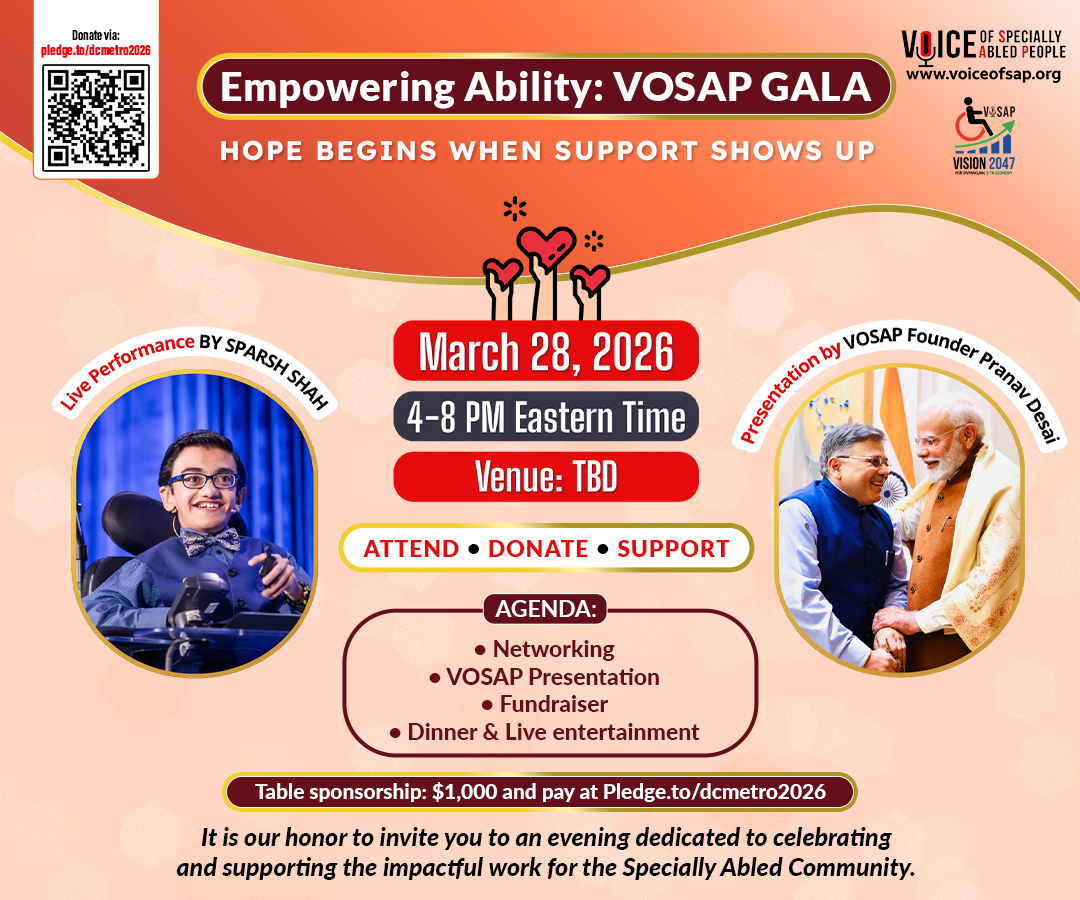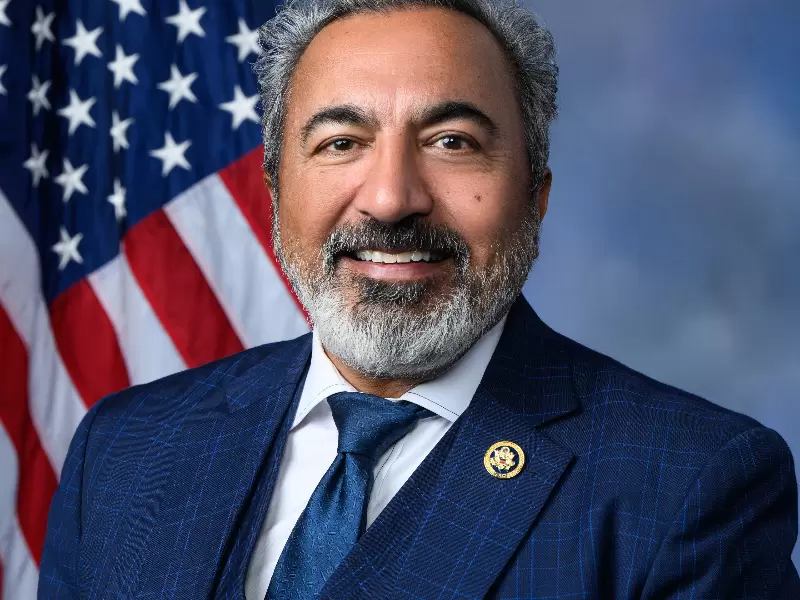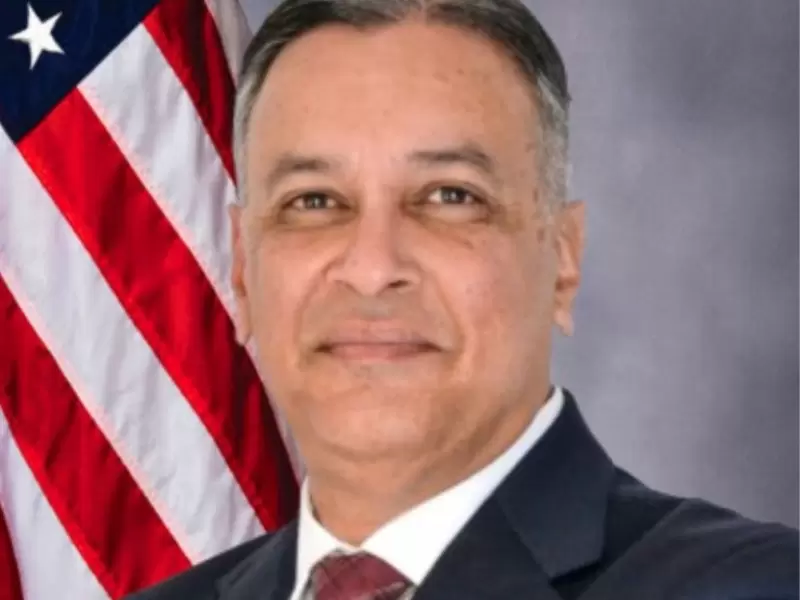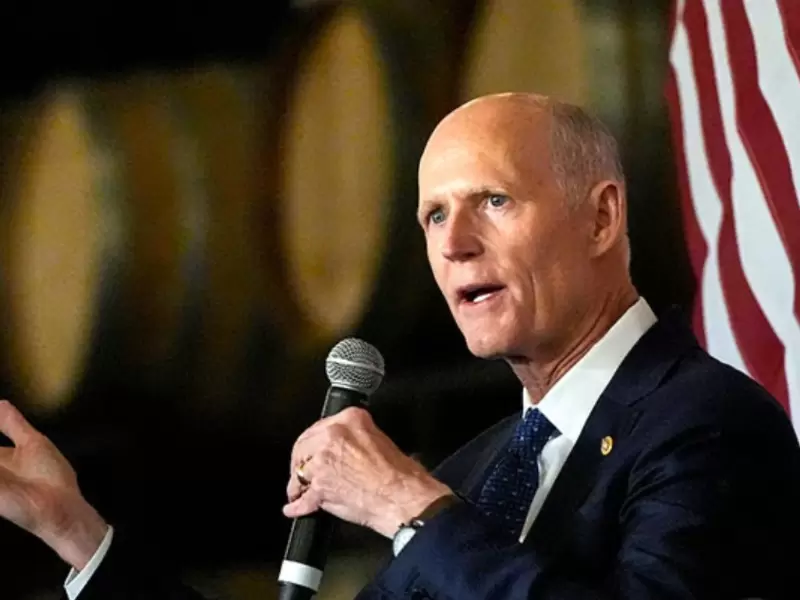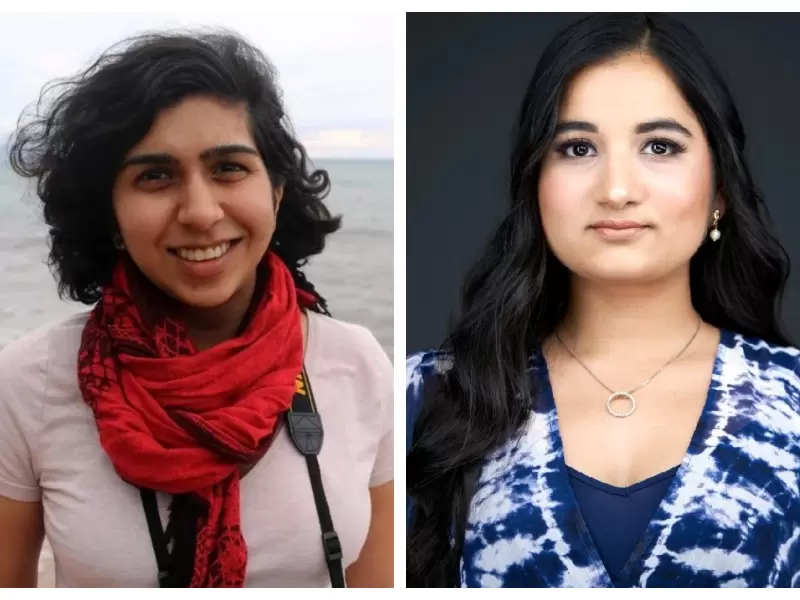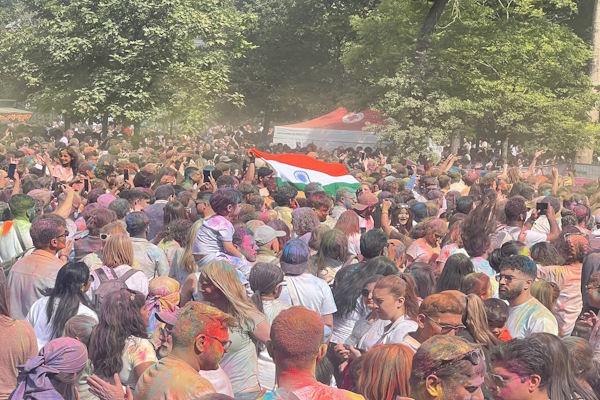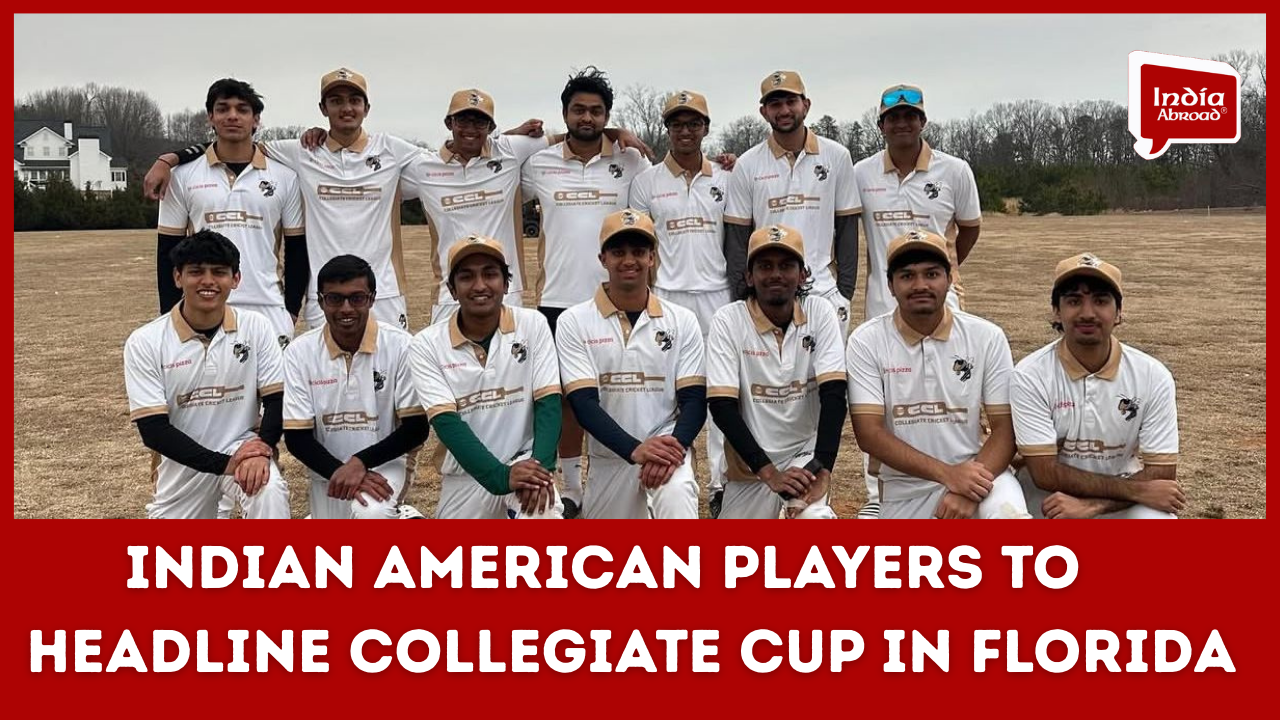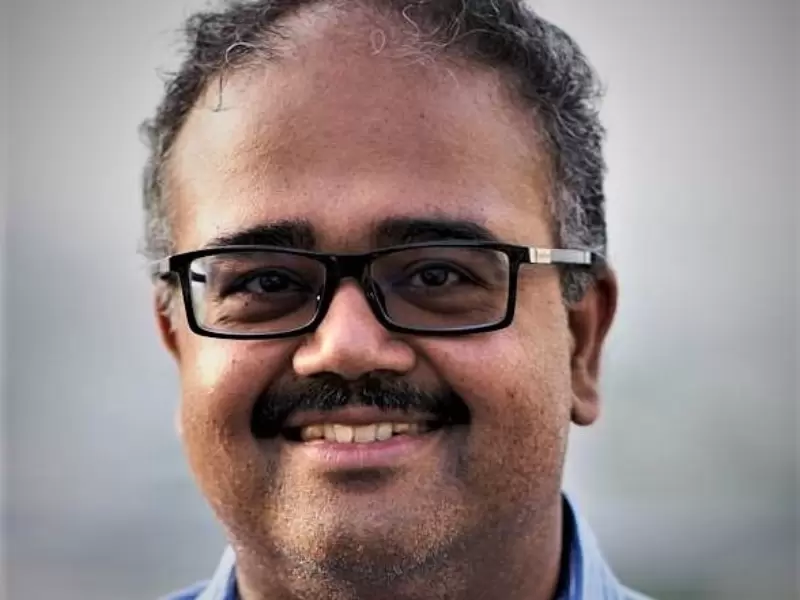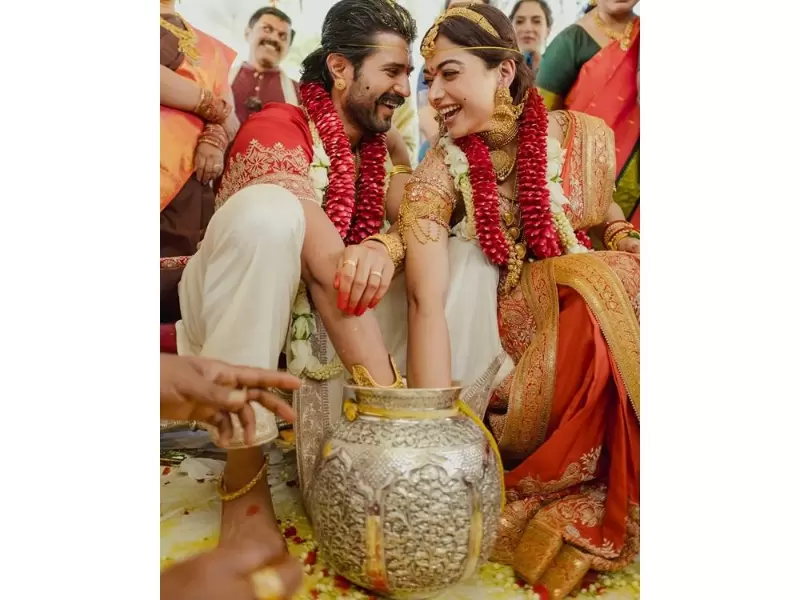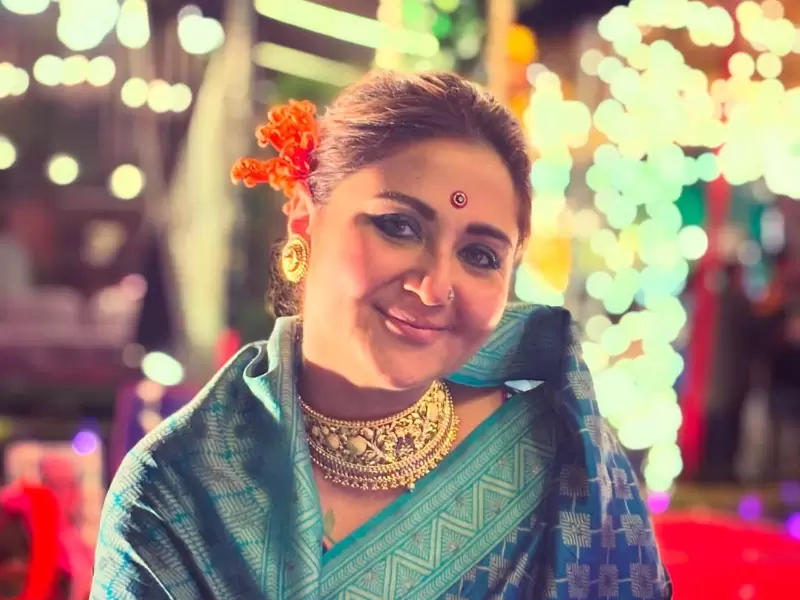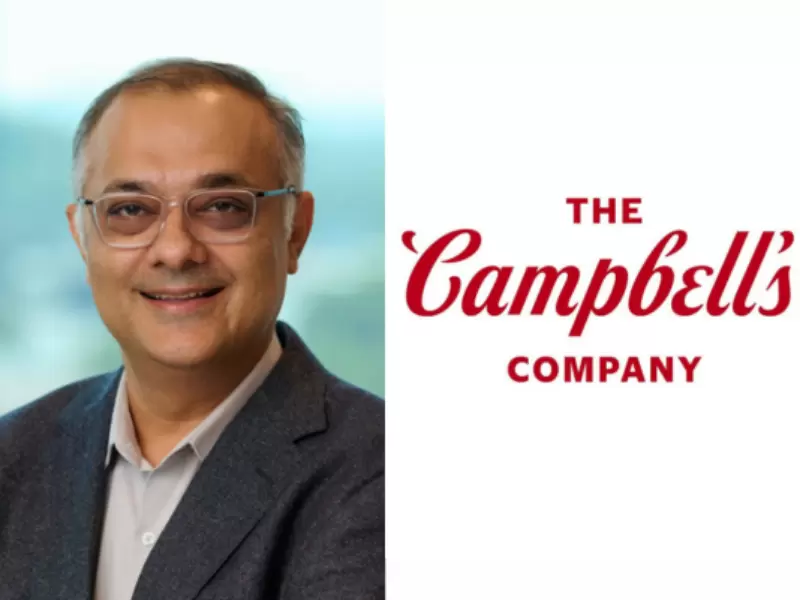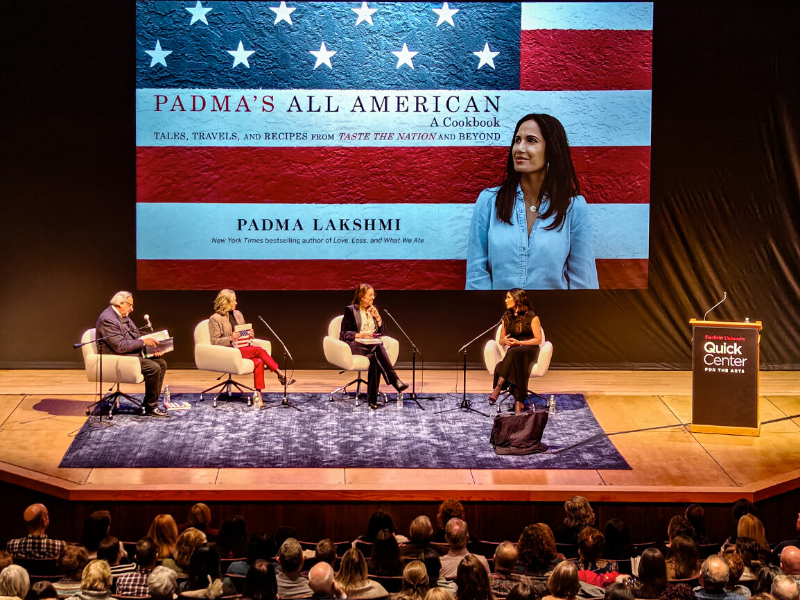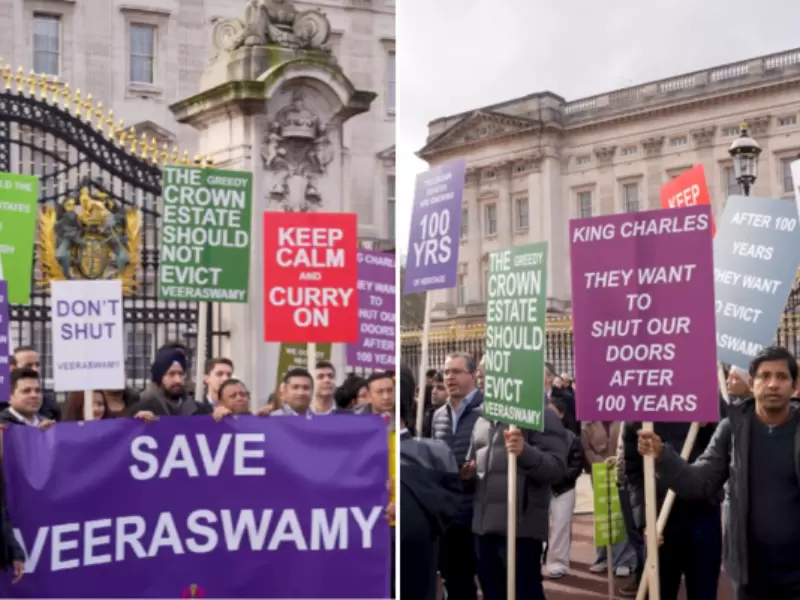POP
See MoreCommunity
See MoreIndian diaspora in DMV gears up to celebrate Holi on March 7
Be it in New York City, Chicago or Atlanta, the spring festival has seen thousands of diaspora members come together to celebrate the festival of colors.
ADVERTISEMENT
Videos
View AllOpinion
See MorePeople
See MoreTIME names 2 Indian Americans Women of the Year
TIME said this year’s list reflects a growing sense of urgency around protecting rights and sustaining progress for women and girls.
ADVERTISEMENT
Entertainment
See MoreImmigration
See MoreFood
See MoreSPORTS NEWS
See MoreZimbabwe's fairytale run in the tournament ended with two big...
The India captain rose to the occasion to bring up...
India is coming to the contest after registering a dominant...
He had been battling liver cancer and died on the...




